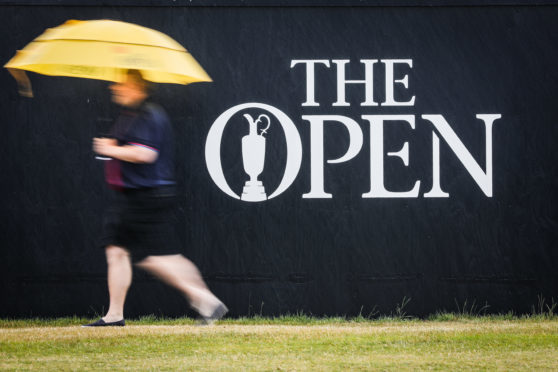Golf, as events at Carnoustie have shown over the past few days, remains one of the world’s most popular sports.
Sure, it’s not as good as football, or tennis, or even a fictional sport like Rollerball – a cross between rollerblading, motorcycling and murder for those not familiar with the James Caan film – but it is still an event that attracts thousands of spectators and has millions more glued to their screens across the globe.
There have been rumblings of discontent from some quarters in Carnoustie about the “corporate machine” The Open has become in its 147th year while a few years ago one St Andrews councillor even suggested the town could not cope with the influx of visitors and traffic that accompany golf’s premier competition.
But the economic benefits golf can bring to this part of Scotland, and the country as a whole, makes those inconveniences seem trivial.
Unlike most sports, golf allows players of all levels to pit themselves against the same challenges as the professionals
A golfer does not have to qualify for The Open to put themselves against the challenges of Carnoustie or the Old Course in St Andrews, nor do they have to find their way into the Ryder Cup team to take on Gleneagles.
Dundee has its own golf courses but as the number of hotels in the city grows at a seemingly exponential rate, its proximity to some of the world’s greatest courses should be one of its greatest assets.
Visitors will flock to the V&A but every five years The Open returns to St Andrews, a mere 20 minutes drive away.
That is a global shop window that Dundee should be attempting to take advantage of.
Dundee is not The Home of Golf but it should be pitching itself to the golf-inclined as the ideal base to explore and take on some of the world’s most iconic courses.
Golf is big business and rather than bragging about Baby Boxes – as nice as they are – tourism campaigns should be about attracting visitors, and money, to Scotland rather than patting the Scottish Government on the back for its progressiveness.










